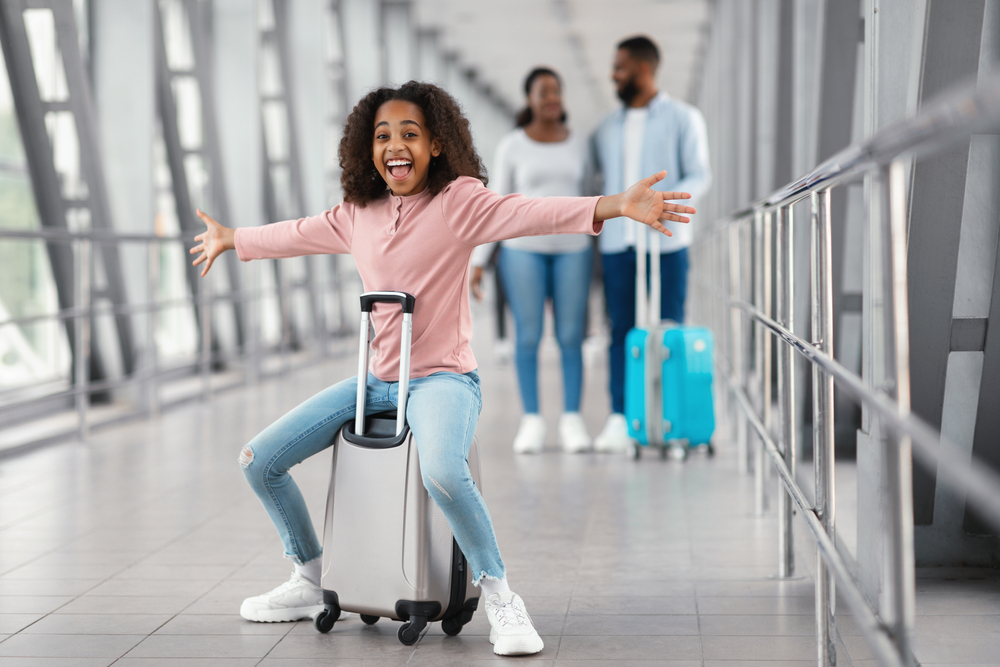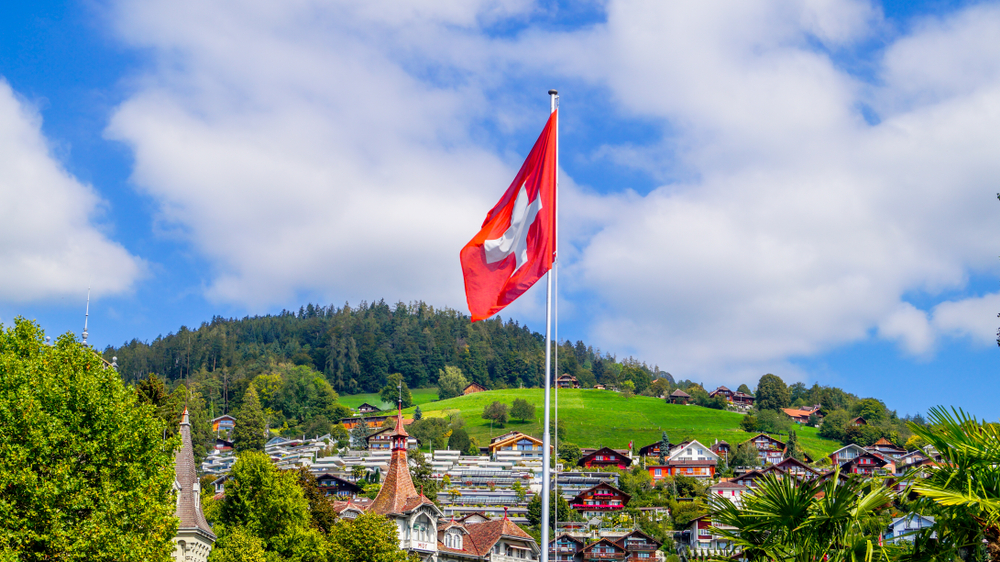How to have a disease-free vacation?
School summer vacations are on and this is the perfect time to travel around the world with your kids. You might have already booked all the tickets in advance and shopped for stylish new clothes to flaunt on your vacay. However, before you head towards that plane, train or highway, there are some important factors to keep in mind, so that your child remains at the top of their health during and after the trip.
Dr. Nihar Parekh, an established pediatrician, shares 5 easy tips to make note of when you travel with your children:
Avoid uncooked meals
When you travel, whichever part of the world, avoid uncooked meals. “No chutneys, no salads, no raw fish, no cold cuts, do not give them anything which is not cooked to eat.”
As for water consumption, he adds, “Unless you are in a part of the world where they drink out of the tap, boiled water or mineral water should be the norm.”
Don’t let them eat too much breads
Avoid excessive breads, pastas, pizzas, otherwise your child may develop constipation.
If your child gets constipation, it may ruin the rest of the vacation. Your child may not be able to “have fun, eat what they want, just continuously crying, holding their stomach, not being in the best of moods,” Dr. Parekh explains.
Carry a good sunblock
Carrying a good sunblock on your trip is a must. “Your child should be enjoying the pool, out in the sun. If they get sunburned or have painful skin rashes, they’re not going to have fun anymore,” he explains.
Carry all necessary medications
“You want to make sure that you carry all the medications that you need for travel, and that must include a backup antibiotic that your pediatrician gives. Getting your hands on an antibiotic abroad is next to impossible without a prescription. If your child ends up getting a fever, it is always extremely handy to keep a backup antibiotic,” Dr. Parekh says.
Don’t be a party-pooper
Precautions are essential, but don’t fret too much or there won’t be any fun left. Let your child have a free, fun time. “Don’t restrict those candies, ice cream, chocolates, Let your kids have a blast. Make amazing memories. Please don’t carry your daily routine multivitamins which you give here. You can always restart when you get back. Have a blast so that the kids remember this for a lifetime,” Dr. Parekh signs off.



